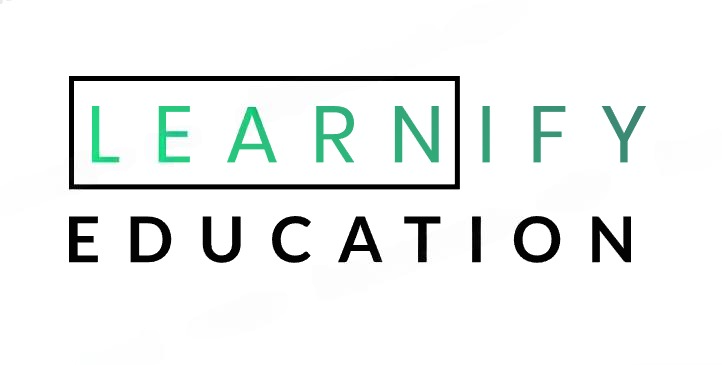MA psychology distance education
MA in Psychology through distance education focuses on the study of human behavior, mental processes, and counseling techniques. This program prepares students for careers in various fields such as counseling, therapy, human resource management, and research. Graduates can work as counselors, therapists, HR managers, or researchers, helping individuals and organizations understand and improve mental health and workplace dynamics.



















